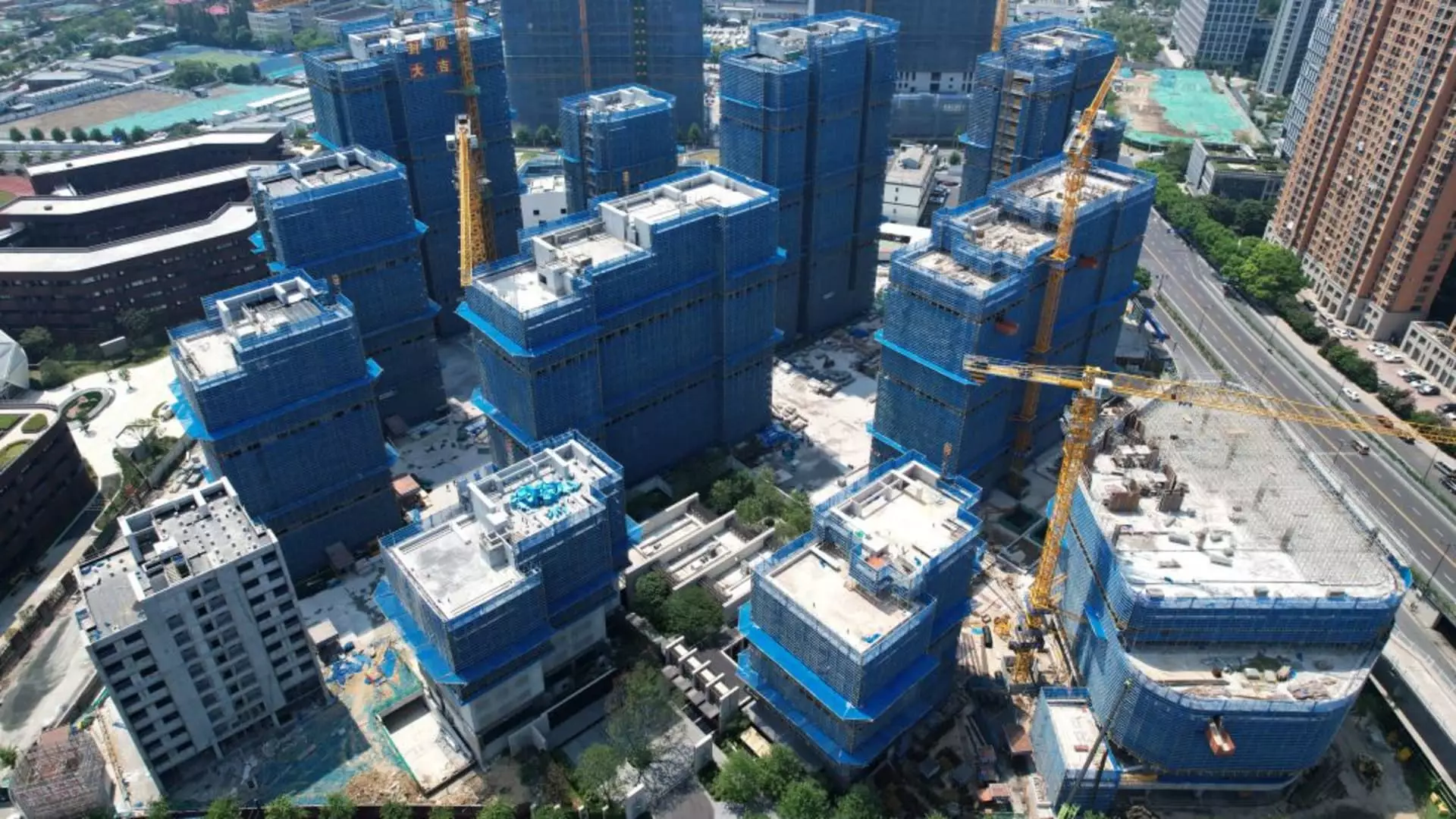China’s property market fluctuations and U.S. sanctions have had a significant impact on some of its cities, as revealed by the Milken Institute’s best performing cities China index. The index, which has been studying China’s large and mid-sized cities since 2015, assesses their economic vibrancy and growth prospects. The most recent version compares data from 2023 with that of 2021, as the institute did not publish a report in the previous year due to a methodology reassessment. Hangzhou, the capital of the eastern Zhejiang province and home to tech giants like Alibaba, emerged as the top-ranking city in this year’s index.
Property Slump in Zhuhai
On the contrary, some cities, like Zhuhai, which was once considered a “rising star,” experienced a decline in the rankings. Located in the southern province of Guangdong near Hong Kong, Zhuhai plummeted 32 places from the previous index to 157th place. The real estate market in Zhuhai faced challenges as builders struggled to complete projects due to financial constraints. This setback in the property sector had a ripple effect on the city’s overall economic performance.
Similarly, Dongguan, known as a city of factories and home to Huawei’s expansive campus, faced challenges on multiple fronts. The city, which saw a drop of 15 places in the index rankings to 199th place, was impacted by both the decline in the real estate sector in the region and U.S. sanctions. The dual blows affected Dongguan’s position in the rankings, highlighting the interconnectedness of economic factors in shaping a city’s performance.
Shenzhen’s Resilience
Despite the hurdles faced by some cities, others managed to climb the rankings. Shenzhen, a prominent tech hub, advanced to the 9th position, closely trailing Beijing. The city’s resilience can be attributed to its strong tech sector, which has positioned it as a key player in the global market. However, Shenzhen, like Beijing, also faced challenges stemming from U.S. sanctions targeting Chinese companies, underscoring the complexities of the current economic landscape.
Geopolitical Impact on Zhengzhou
Geopolitical tensions and export constraints have also impacted cities like Zhengzhou, the capital of the Henan province and home to Foxconn, an iPhone manufacturer. Zhengzhou experienced a significant drop in the rankings, falling from 3rd place to 22nd place. The geopolitical landscape has played a role in reshaping the economic dynamics of cities reliant on export-oriented industries, highlighting the vulnerability of interconnected global supply chains.
On a positive note, Wuhan and Hefei demonstrated resilience and growth in the latest index. Wuhan surged nearly 30 places to secure the second position, showcasing the city’s ability to bounce back from challenges, particularly during the pandemic. Hefei, on the other hand, maintained its position among the top ten cities, bolstered by government support for technological development. These cities’ success stories underscore the importance of strategic investments in key sectors to drive economic growth and innovation.
While Hangzhou’s success as a hub for e-commerce, manufacturing, and finance is commendable, challenges lie ahead for the city. The strong performance of the local property sector has raised living costs, posing a potential threat to its continued growth and sustainability. Replicating Hangzhou’s success in other cities may prove challenging due to the unique factors that have contributed to its rise in the rankings. As cities navigate ongoing economic uncertainties and external pressures, strategic planning and targeted interventions will be crucial to fostering long-term prosperity and resilience.

